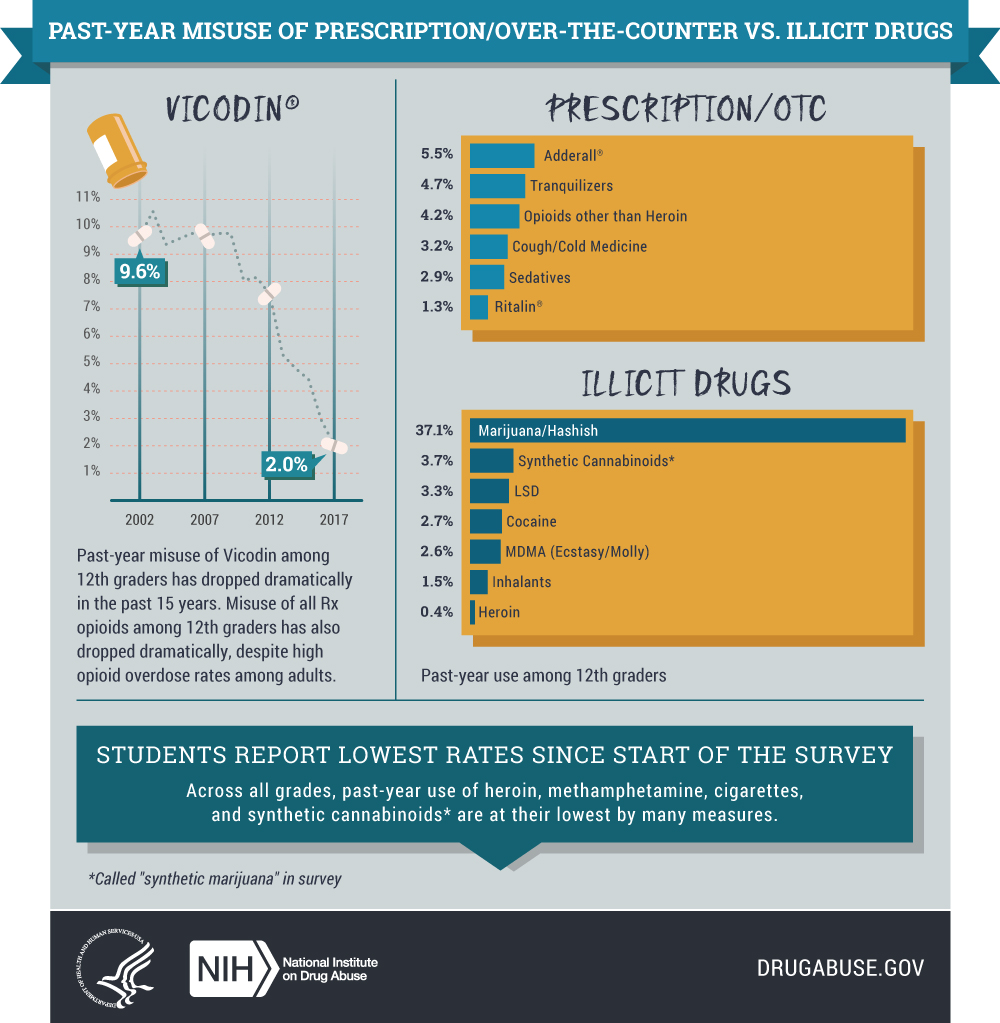Is it time to talk to your adolescent about drug use?
There are certain conversations that are tough, yet necessary to have with your teen. One such conversation is centered around substance use and addiction. It may not always be the easiest topic to broach, and it can be a scary conversation to have. But it’s vital to let your teen know there are certain dangers and to teach them how to best be aware of the seriousness of drug use.
When talking to your teen about drugs and alcohol, there are some key points to make and ideal ways to go about having the conversation with your child. Here are a few tips:
1. Give thought to when and how you want to bring the topic up.
Some children will respond well to sitting down and having a one-on-one conversation, while others may respond better to having such talks during a drive or a walk, when they don’t have to look you in the eye and may feel less like they are being singled out for a serious talk. You know your own child, so you can make the most informed choice about when and where to broach the topic. Regardless of when you choose, make sure it’s a space where you both can speak freely without being easily overheard.
2. Be ready to talk, but also to listen.
Chances are your child will have some things to say on the topic of drug use, so give them the chance. Rather than approaching the conversation angrily or aggressively, make it clear that this is just a topic you want to discuss with them in order to get on the same page.
Be ready to ask them questions that will elicit more than a one-word response. When they do respond, actively listen. Wait for them to finish their whole thought, then repeat what you heard back to them in your own words (this will help you better understand and let them know that you’ve processed what they’ve said).

3. Avoid scare tactics.
In the past, parents and educational programs have taken a ‘scared straight’ kind of approach. However, it may not be particularly effective. Yes, it’s important to express what drug use can lead to and how it can negatively affect your child. But rather than making negatives of substance use the sole focus of your talk, try to bring in some positives of the choices you’re hoping they’ll make. For example, you can discuss the ways that avoiding drugs will give your child will give more freedom to focus on athletics, music, or whatever else may be important to them.
4. Try not to come across as accusatory.
While it may not be your intention to make your child feel as if you are accusing them of something, it could come across that way to them. If you don’t have concerns that they are actually using drugs, make that clear right away. Tell them you simply want to have a discussion about drug use, but that you have no concerns about them specifically. This may allow them to be more receptive and involved in the conversation.
On the flip side, if you do suspect drug use in your teen, still try to keep a handle on the way you come across in the conversation. Make it clear that you are coming from a place of care and concern rather than disappointment.
5. Talk to them about their stresses and healthy ways to deal with them.
Just as adults do, adolescents often turn to substance use in an attempt to manage their anxiety, fears, or interpersonal problems. Listen to your child about what they’re going through without minimizing or dismissing their troubles. Offer support and make sure your teen knows that there are healthy coping tools available to them.
6. Take time to continue to teach your child about the consequences of drug use.
Rather than just having a single conversation and then never broaching the topic again, keep the dialogue open. When you see something concerning or something you want your teen to be aware of, bring it up with them. If there is something relevant in the news, have them sit and watch with you. By keeping the lines of communication open, you are making it more likely that your child will feel comfortable coming to you and confiding in you when they feel the need.
In all honesty, there is no one right way to tackle the topic of addiction with your child. The circumstances around drug use are constantly changing and evolving, as is your child. The most important thing is to remain aware of the signs of potential drug use and to stay connected with your teen so you may recognize such signs early on and act accordingly.
7. Do your research.
When you talk to your teen about addiction, don’t come to the conversation with urban legends about drugs. Make sure you have facts to offer and resources to give.
Some great resources:
- Partnership to End Addiction – Helps parents via text and through peer support with other parents.
- KidsHealth – Breaks down what to explain about drugs by age
- SAMHSA Parent Resources – Offers conversation guidelines for alcohol and background on why it’s important to talk to your child about alcohol
- National Institute on Drug Abuse – Has a section for parents and a section with a variety of information related to teens and college-age adults.








